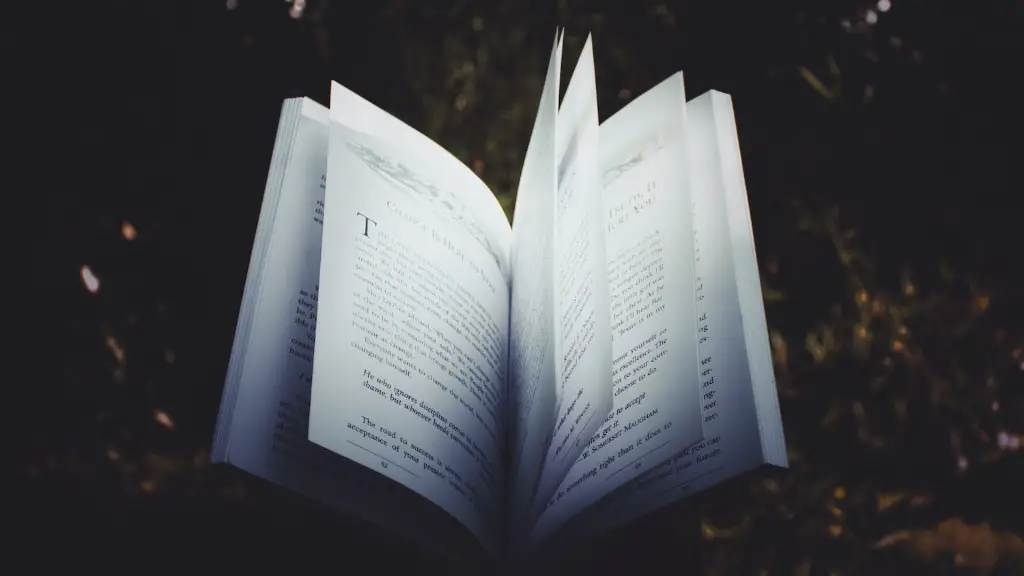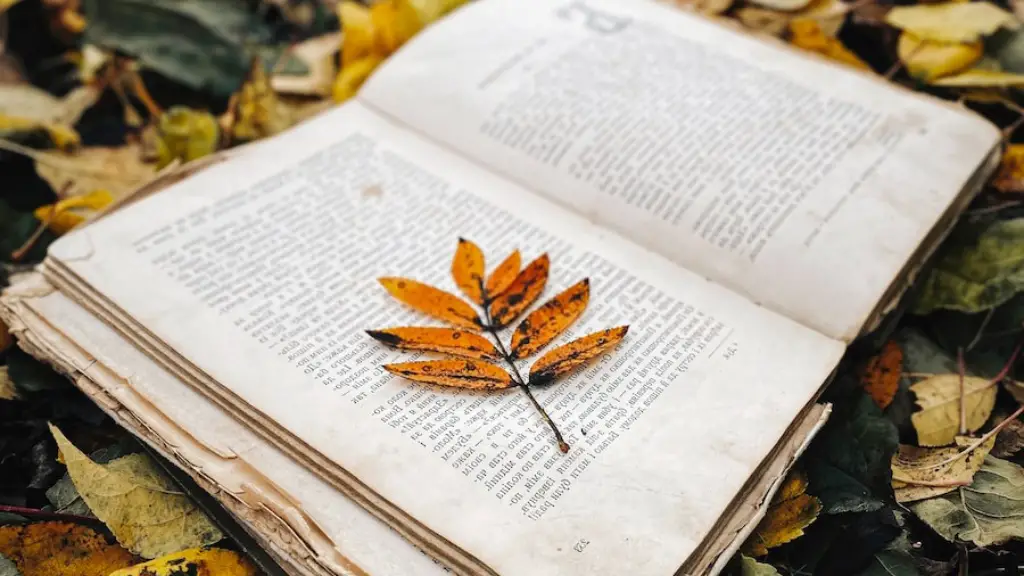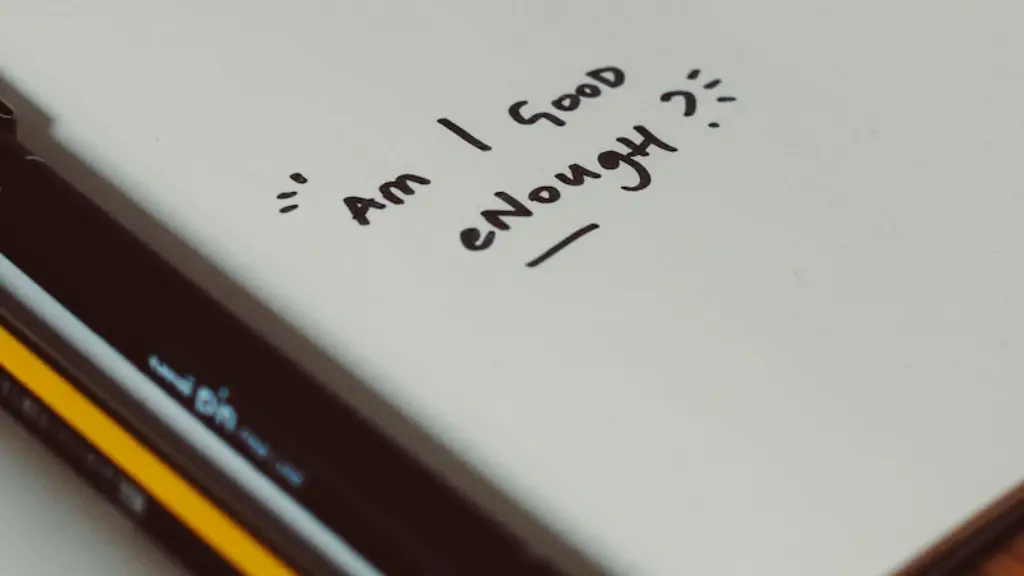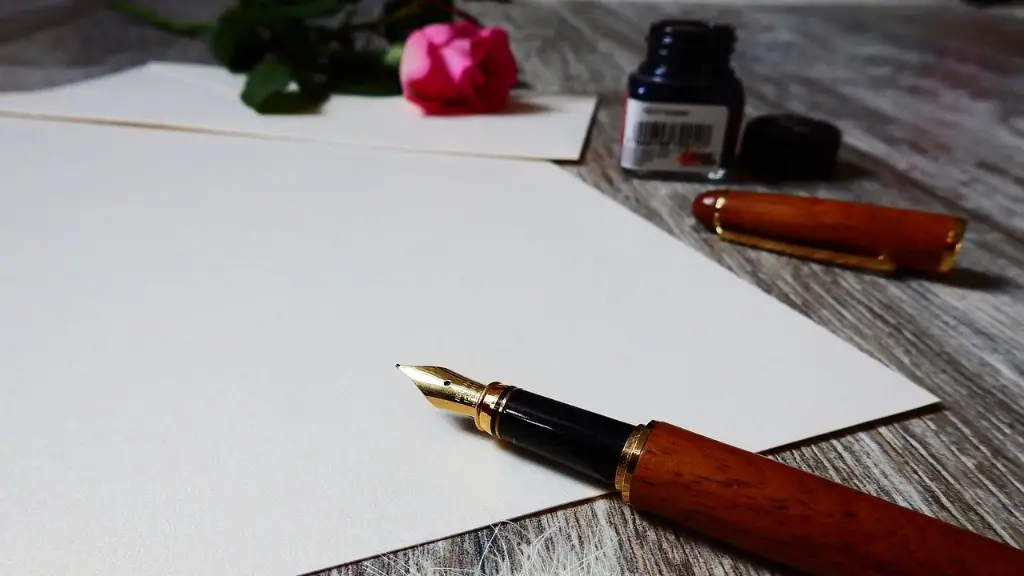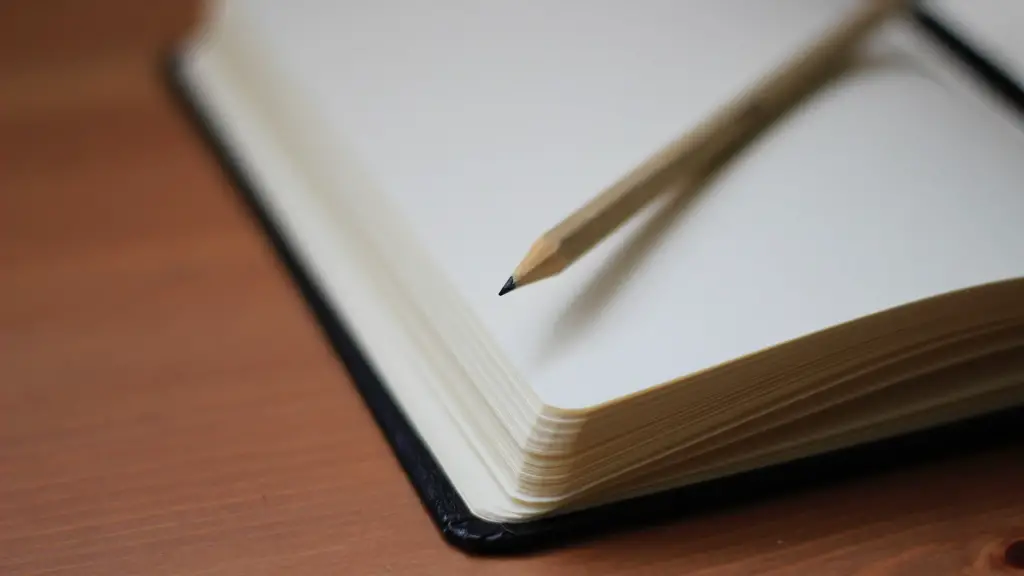As with many shifts in the art world, the emergence of Non-Fungible Tokens (NFTs) as a legitimate, collectible commodity has caused waves of debate. One of the most contentious topics being, can poetry be an NFT? The answer is not straightforward, as non-fungible tokens and poetry raise philosophical, artistic, and legal questions.
NFTs are virtual assets, like art or collectables, that exist and are cataloged on the blockchain. This technology has prompted intense discussions as to what types of digital assets should be handled as NFTs; this includes a focused discourse on the possibility of digital poetry being accepted as an NFT.
The main difference between “traditional” digital poetry and NFT is the concept of scarcity. Whereas digital poems are generally used to be shared and enjoyed by many, the concept of NFTs requires that certain digital assets be limited in a way that can be witnessed and tracked. This means that an NFT of a poem is limited to the singular holder of the token, the digital asset is limited in quantity.
To some, limiting a poem to one single owner goes against the foundational ethos of poetry. This is because poetry has traditionally been seen as open and accessible to anyone, regardless of social or financial standing. For this reason, many poets have conflicting feelings when it comes to the concept of NFTs.
Missy Lovelace, a poet in the Blockchain Poetry community, shared her opinion on the matter: “I think that the intersection of poetry and blockchain technology can create some really exciting opportunities, but I don’t think that the concept of repeating one poem via an NFT makes sense because a lot of the transformative power of poetry comes from its accessibility.”
Furthermore, legal issues are another factor in considering the possibility of a poem being accepted as an NFT. For example, certain rights of the poem can be lost during the transformation when it is turned into an NFT, as the use of the poem might be limited to whatever the creator allows. In most cases, this may not be an issue, however, if the poem falls under some type of copyright, it may cause problems.
Paul McElroy, a lawyer specializing in intellectual property, commented that: “It is important for any artist, particularly poets, to be aware of the legal implications of the transformation of work into NFTs. It is a complex legal area and it’s important to understand all the responsibilities and rights of the creator before embarking on this type of venture.”
Analyzing the Pros and Cons of a Poem being an NFT
At the core of this debate lies two main ideas. On one hand, anyone should be allowed to share and enjoy poetry, regardless of social class or financial standing. On the other hand, creating an NFT of a poem can allow the poet to benefit financially in a way that they might not have been able to before.
By turning a poem into an NFT, the poet essentially creates a digital version of themselves. Of which, when the poem is sold, the nft shares in the financial gain that was negotiated between the buyer and seller. This has clear advantages and disadvantages when compared to a traditional poem being made available to all.
The positives of turning a poem into an NFT are clear. Patie Mangan, a poet and art collector, commented that: “The concept of turning a poem into an NFT is a brilliant way for a poet to monetize their work. It takes away the need for permission from publishers or for fans to purchase the physical book. It also gives poets more control of their work and how it is used.”
However, there are also drawbacks to turning a poem into an NFT. The concept of a privileged few having access to certain pieces of poetry artwork can deter from the open message that many believe poetry was born to carry. It also means that the artist gets lesser recognition. If a poem is turned into an NFT, it may not get the attention or recognition that it really deserves.
Analyzing the Future of Poetry as NFTs
As the digital and crypto art worlds continue to grow and intersect, it is likely that there will be even more debate regarding what can and should be turned into an NFT. It appears that the majority of poets and artists side with Poet Lovelace’s opinion, in that turning a poem into an NFT goes against the foundational ethos of poetry.
However, this does not mean that the concept of a poem as an NFT is completely off the table. If a poem is implemented carefully and stays within legal guidelines, the concept is worth exploring further. This could mean that a poem may be conceived as an NFT, allowing for discussion points to be raised, different perspectives to be shared, and for more visibility of the poet’s work.
By taking into account a poem’s accessibility, copyright issues, and philosophical implications, it is possible that digital poetry and NFTs could harmoniously co-exist in the art world. As the digital art revolution continues, it will be interesting to see how poets, especially those in the Blockchain Poetry community, choose to handle this new intersection.
Exploring Alternative Revenue Streams for Poets
In an ever-evolving art world, it is essential for poets to keep up with the changing times in order to remain competitive and visible. This may involve diversifying revenue streams. This can include merchandising, live performances, creating poetry workshops, subscription services, and more.
This is a great opportunity for poets, especially for those that are looking for alternative ways to monetize their work. Liam Thomas, the founder of Poetry Boost, a blockchain-based crowdfunding platform for poets, believes that this shift from traditional modes of art consumption to a more digital-based setup is significant: “I think the emergence of blockchain technology, NFTs and crypto art is a game-changer for the industry. It allows poets to get more exposure and to create more sustainable forms of revenue.”
By staying informed of the latest advances in the art world, poets can easily capitalize on these new opportunities and to grow their brand. Failing to do so may result in these poets falling behind in an ever-evolving world.
Exploring the Benefits of NFTs in the Poetry Scene
The emergence of NFTs into the art world has brought with it a host of opportunities for artists, particularly in the poetry world. For example, poets now have the chance to be a part of the NFT marketplace. This means that their poems can now be purchased, tracked and owned by an exclusive few.
Furthermore, NFTs give poets the ability to monetize their work in a way that was not possible before.The ability to align their poems with an exclusive and valuable asset can be a very lucrative prospect, which can result in bigger gains than conventional means.
NFTs also allow poets to better engage their communities. By creating an exclusive type of artwork, it enables poets to communicate in a mutually agreed upon medium. This encourages creativity and encourages poets to push the boundaries of their knowledge.
Calling for More Advisors and Experts in the Industry
An important factor when considering NFTs of poetry is the need for more experts in the field. In order for poets to make informed decisions on the transformation of their work into NFTs, it is imperative that the industry increases the number of advisors.
As more poets start to explore the digital art world, the need for these advisors becomes more evident. It is important that poets are properly informed of the financial, legal and moral implications, which can be determined by a specialized group of advisors.
By introducing more experts into the industry, poets can ensure that they are making informed decisions which will benefit them as individuals and contribute to the development of the industry.
Conclusion of the Debate
The debate regarding whether poetry can be part of the NFT community is far from settled. Poets, artists, legal and technology experts have expressed both approval and dissent regarding the concept of a poem being an NFT.
It is clear that poetry can benefit from this new form of digital art, however, it is important that poets are properly informed and advised on all aspects before making a decision. Moreover, the focus should be on empowering poets to make informed decisions that will benefit them and the industry as a whole.
